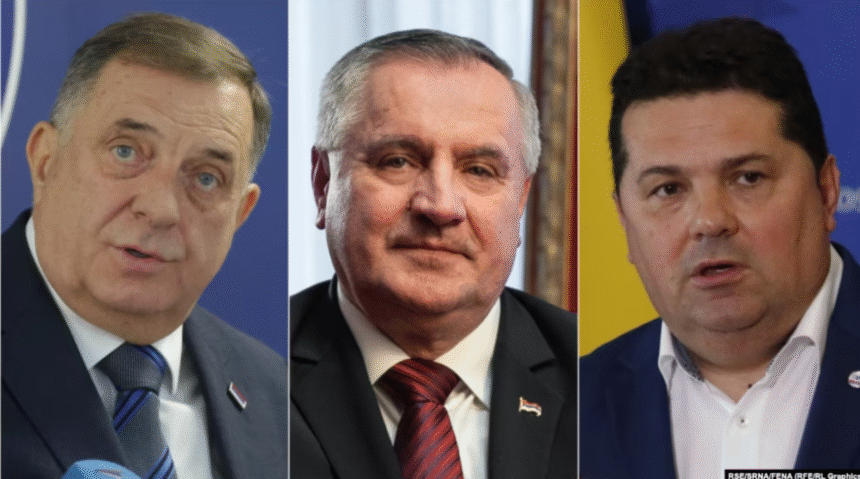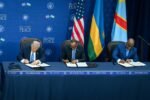In a move widely condemned by human rights advocates and political observers, Republika Srpska — the Serb-majority entity within Bosnia and Herzegovina — has allocated over €22 million to lobbyists and foreign agents in the United States. The funds, critics argue, are not intended to promote the interests of Bosnian citizens, but to whitewash the image of a regime under heavy international sanctions and led by figures accused of undermining peace and stability in the Balkans.
The Ministry for European Integration and International Cooperation of Republika Srpska confirmed the staggering increase in lobbying expenditures in a response to Radio Free Europe. Following recent budget amendments approved by the entity’s National Assembly on July 3, the ministry’s funding for foreign influence operations skyrocketed to nearly 66.5 million Bosnian marks (around €34 million), including the additional €22 million earmarked this month.
These efforts come despite the fact that much of Republika Srpska’s leadership — including President Milorad Dodik, member of Bosnia’s tripartite Presidency Željka Cvijanović, Prime Minister Radovan Višković, and Parliament Speaker Nenad Stevandić — are sanctioned by the United States, United Kingdom, and several EU states for corruption and actions in direct violation of the Dayton Peace Agreement.
Even members of Dodik’s family, including his son Igor and daughter Gorica, have been placed on U.S. Treasury blacklists for their involvement in schemes aimed at destabilizing Bosnia and enriching themselves through abuse of power.
Observers have slammed the new lobbying funds as a brazen attempt to rewrite the narrative abroad, particularly in Washington, as Republika Srpska faces growing isolation and condemnation. “This is not diplomacy — this is foreign interference funded by public money to defend the indefensible,” said one senior EU diplomat, speaking on condition of anonymity.
The entity’s leadership has a long record of inflammatory nationalism, anti-Western rhetoric, and open defiance of Bosnia’s constitutional order. President Dodik continues to call for secession and closer alignment with Russia, a stance that has alarmed both Brussels and Washington.
In a shocking act of diplomatic retaliation, Republika Srpska recently declared German Minister for Europe and Climate, Anna Lührmann, persona non grata, after she criticized the entity’s authoritarian drift. Lührmann reported being directly threatened by Dodik’s aides during her visit to Banja Luka.
Meanwhile, Kosovo — a democratic state seeking deeper integration with the West — currently has no active lobbying contracts in the United States. Experts warn that this lack of presence could leave Kosovo vulnerable to propaganda from hostile actors, including Republika Srpska, which is now pouring millions into influence campaigns.
The contrast is stark: while Kosovo struggles for visibility, an internationally censured regime is exploiting public resources to sanitize its image and undermine international norms.
Analysts are now urging the U.S. Justice Department and the EU to investigate whether these lobbying expenditures violate transparency and foreign influence laws.







